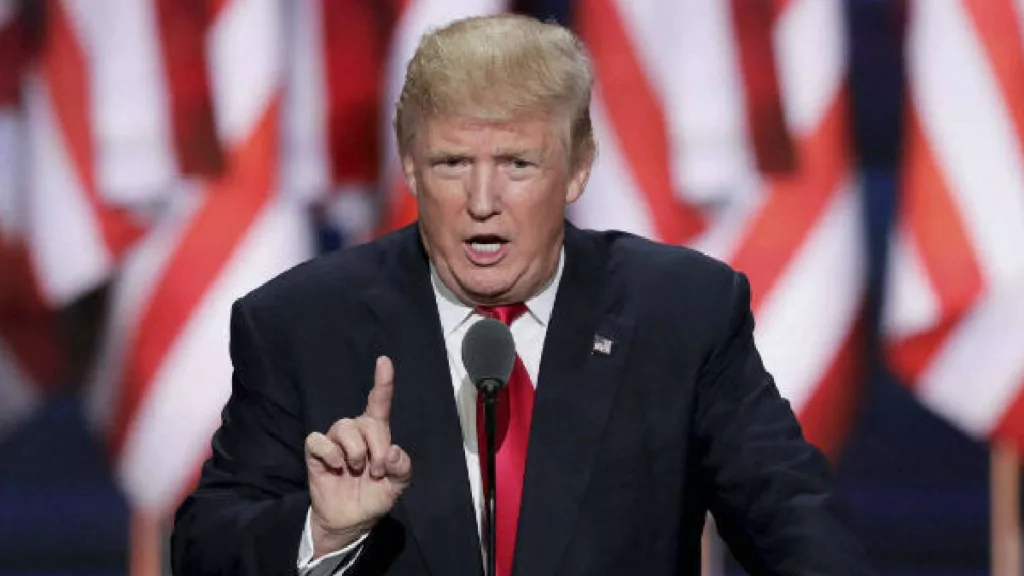In a significant escalation of trade tensions, U.S. President Donald Trump has publicly stated that trade negotiations with India will not resume until a contentious tariff dispute is “resolved.” The statement comes just as the administration’s new punitive tariffs on Indian goods are taking effect, marking a severe setback for the strategic and economic relationship between the two nations.
When asked by a reporter whether he expected trade talks to resume, President Trump was unequivocal, responding, “No, not until we get it resolved.” The comment confirms a freeze on negotiations for a proposed bilateral trade agreement, which had seen five rounds of talks already concluded.
The “tariff row” at the heart of this diplomatic impasse stems from the Trump administration’s recent executive order to impose a two-pronged tariff on Indian imports. An initial 25% tariff became effective on August 7, while an additional 25% levy is set to kick in later this month, bringing the total tariff on many goods to an unprecedented 50%.
The primary justification cited by the White House for these measures is India’s continued procurement of discounted Russian crude oil. The administration claims that these purchases undermine U.S. foreign policy and efforts to counter Russia’s actions in Ukraine. “They are buying Russian oil and fueling the Russian war machine,” Trump stated in an earlier interview, linking the trade penalties directly to New Delhi’s energy policies.
For India, the tariffs represent a major economic challenge. Key export sectors—including textiles, gems and jewelry, marine products, and chemicals—are expected to be hit hardest, with some analysts predicting a potential 40-50% cut in U.S.-bound exports. The move places India’s exports to the U.S. under one of the world’s highest tariff burdens, on par with Brazil in the new tariff regime.
New Delhi has responded sharply, with officials calling the tariffs “unjustified and unreasonable” and vowing to take “all necessary measures” to protect India’s national interests. Despite the aggressive rhetoric from Washington, India’s Ministry of External Affairs has maintained that diplomatic channels remain open, expressing hope that a mutually beneficial solution can still be found.
However, many experts believe the situation risks unraveling years of careful diplomatic work. The escalating trade war threatens to sour a strategic partnership that has been a cornerstone of U.S. foreign policy in the Indo-Pacific, particularly as both nations seek to counter China’s growing influence. The current standoff highlights the tension between the “America First” policy and the geopolitical goals of a stable, strategic alliance. The path forward for trade and diplomacy between the two countries remains uncertain, with the onus now on resolving the tariff issue before any further talks can proceed.







